What Type Of Air Filter Is Best For Home

Your home's HVAC system is a complex machine, and keeping it running efficiently requires regular maintenance. One of the simplest, yet most crucial tasks is changing your air filter. But with so many options on the market, choosing the best air filter for your home can feel overwhelming. This guide breaks down the different types of air filters, their pros and cons, and how to choose the right one for your specific needs. We'll also touch on some common issues, DIY tips, and when it's time to call a professional.
Understanding MERV Ratings
Before diving into the different filter types, it's essential to understand MERV ratings. MERV stands for Minimum Efficiency Reporting Value. This rating indicates how effectively a filter captures particles of different sizes. The higher the MERV rating, the more particles the filter traps. However, a higher MERV rating isn't always better.
Here's a general breakdown:
- MERV 1-4: Catches large particles like dust, pollen, and dust mites. Commonly found in window AC units or as pre-filters.
- MERV 5-8: Traps smaller particles like mold spores, pet dander, and some bacteria. A good balance between filtration and airflow for most homes.
- MERV 9-12: Captures even smaller particles, including smog and some virus carriers. Suitable for individuals with allergies or asthma, but can restrict airflow in some systems.
- MERV 13-16: Captures extremely small particles like tobacco smoke and fine dust. Typically used in hospitals and clean rooms. Can severely restrict airflow in residential HVAC systems, leading to decreased efficiency and potential damage.
Important Note: Always check your HVAC system's manufacturer recommendations for the appropriate MERV rating. Using a filter with too high a MERV rating can strain your system, causing it to work harder and potentially overheat.
Types of Air Filters
Now, let's explore the different types of air filters available:
1. Fiberglass Filters
These are the most basic and least expensive type of air filter. They are typically flat and made of spun fiberglass. Their primary function is to protect the HVAC equipment from large debris, not to improve air quality significantly.
Pros:
- Inexpensive
- Readily available
Cons:
- Low MERV rating (typically 1-4)
- Minimal filtration of small particles
- Needs frequent replacement (every month)
Best for: Situations where cost is the primary concern and minimal air filtration is acceptable. Think garages or infrequently used spaces.
2. Pleated Filters
Pleated filters are made of folded paper or cloth and offer a significantly improved filtration compared to fiberglass filters. The pleats increase the surface area, allowing them to capture more particles without restricting airflow as much.
Pros:
- Good balance of filtration and airflow
- Moderate MERV rating (typically 5-12)
- Relatively inexpensive
- Longer lifespan than fiberglass filters (1-3 months)
Cons:
- Can still restrict airflow at higher MERV ratings
Best for: Most homes, providing a good balance between air quality and HVAC system performance. This is the recommended filter type for general use.
3. Electrostatic Filters
Electrostatic filters use an electrostatic charge to attract and trap particles. They can be disposable or washable. Washable electrostatic filters need regular cleaning to maintain their effectiveness.
Pros:
- Good filtration (MERV rating varies depending on the model)
- Reusable (washable models)
Cons:
- Washable models require regular cleaning
- Effectiveness can decrease over time
- Disposable electrostatic filters can be more expensive than pleated filters.
Best for: Homeowners looking for a reusable filter option or those with moderate allergy concerns.
4. HEPA Filters
HEPA (High-Efficiency Particulate Air) filters are the gold standard for air filtration. They are designed to capture at least 99.97% of particles 0.3 microns in size. However, they are typically too restrictive for standard residential HVAC systems.
Pros:
- Exceptional filtration
Cons:
- Very restrictive airflow
- Can damage standard HVAC systems
- Expensive
Best for: Specialized applications like hospitals, clean rooms, or homes with dedicated HEPA filtration systems (not typically for the central HVAC unit). You can use a portable HEPA air purifier for a single room, instead.
5. UV Filters
UV filters don't actually filter particles. Instead, they use ultraviolet light to kill mold, bacteria, and viruses that may be present in the air. They are often used in conjunction with other types of air filters.
Pros:
- Kills airborne pathogens
Cons:
- Doesn't remove dust or allergens
- Requires professional installation
Best for: Individuals concerned about airborne pathogens, often used in conjunction with a pleated filter.
Choosing the Right Filter
Consider these factors when choosing an air filter:
- Your HVAC System's Recommendations: Always check your system's manual for the recommended MERV rating and filter size.
- Air Quality Needs: If you have allergies or asthma, you may need a higher MERV rating.
- Pet Ownership: Pets shed dander, which can clog filters quickly. A filter with a MERV rating of 8-11 is a good choice for homes with pets.
- Budget: Filter prices vary widely. Consider the long-term cost of replacement filters.
- Filter Location: If your filter is hard to reach, choosing a filter that lasts longer will reduce the frequency of filter replacements.
DIY Filter Replacement: A Step-by-Step Guide
Replacing your air filter is a simple DIY task. Here's how:
- Turn off your HVAC system: This is a crucial safety precaution.
- Locate the filter: The filter is usually located in the return air duct, where air is drawn into the system.
- Remove the old filter: Note the direction of the airflow arrow on the old filter.
- Insert the new filter: Ensure the airflow arrow on the new filter points in the same direction as the old filter.
- Close the filter access panel: Make sure the panel is securely closed.
- Turn your HVAC system back on.
Tools needed:
- New air filter (correct size and MERV rating)
- Screwdriver (if needed to open the filter access panel)
- Gloves (optional)
Common Issues and Troubleshooting
Here are some common issues related to air filters:
- Dirty filter: This is the most common issue. A dirty filter restricts airflow, causing your system to work harder and less efficiently. Replace your filter regularly.
- Incorrect filter size: An incorrectly sized filter will not seal properly, allowing air to bypass the filter and potentially damage your HVAC system. Always use the correct filter size.
- Wrong MERV rating: Using a filter with too high a MERV rating can restrict airflow and damage your system. Use the recommended MERV rating.
- Clogged evaporator coil: A dirty air filter can lead to a clogged evaporator coil, reducing cooling efficiency. If you suspect a clogged coil, contact a professional.
When to Call a Professional
While replacing your air filter is a simple DIY task, some HVAC issues require professional attention. Call an HVAC technician if you experience any of the following:
- Frozen evaporator coil: This can be caused by restricted airflow.
- Reduced airflow despite a clean filter: This could indicate a more serious problem with your system.
- Unusual noises coming from your HVAC system: This could indicate a mechanical problem.
- Recurring HVAC problems: If you frequently experience problems with your system, it's best to have it professionally inspected.
Cost Considerations
The cost of air filters varies depending on the type and MERV rating. Fiberglass filters are the least expensive, while HEPA filters are the most expensive. Pleated filters offer a good balance between cost and performance.
Here's a general cost estimate:
- Fiberglass filters: $1-$3 per filter
- Pleated filters: $5-$20 per filter
- Electrostatic filters: $10-$30 per filter (disposable), $20-$100 (washable)
- HEPA filters: $20-$100+ per filter (for dedicated HEPA systems)
- UV filter installation: $500-$1500+ (professional installation required)
Estimated Repair Costs: While a dirty air filter is a simple fix, neglecting it can lead to more costly repairs. Evaporator coil cleaning can range from $200-$500, while compressor replacement can cost $1500-$4000 or more.
Conclusion
Choosing the right air filter is crucial for maintaining your HVAC system's efficiency and improving your indoor air quality. By understanding the different types of filters, their MERV ratings, and your specific needs, you can make an informed decision that benefits both your health and your wallet. Remember to replace your filter regularly and to consult a professional if you encounter any complex HVAC problems.
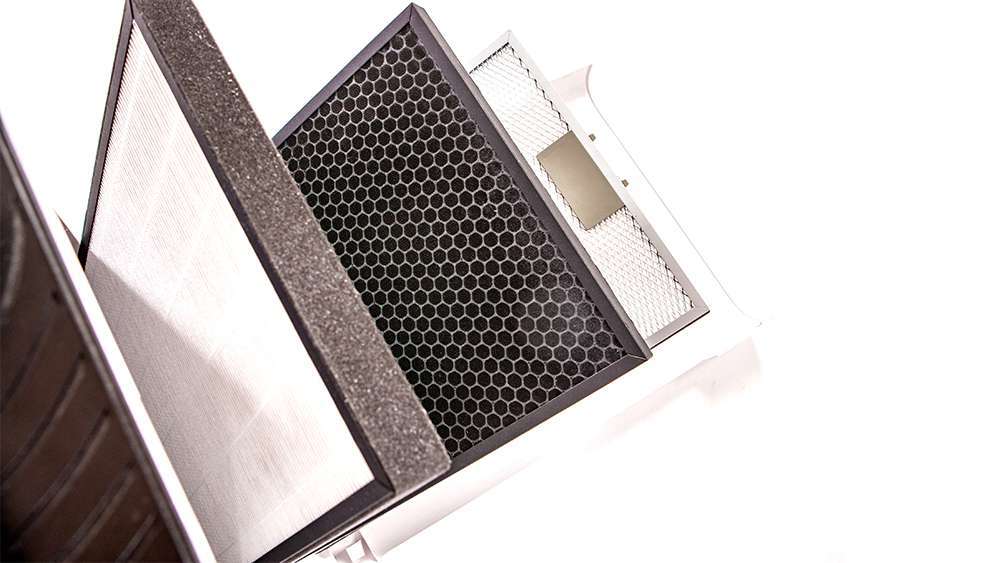
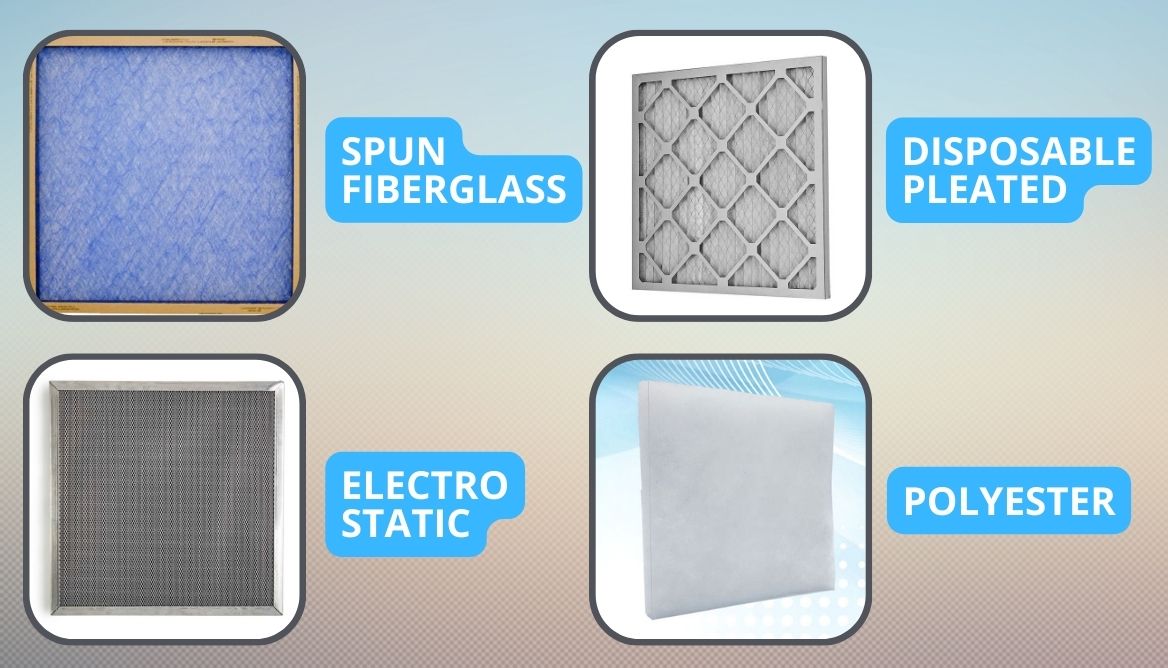
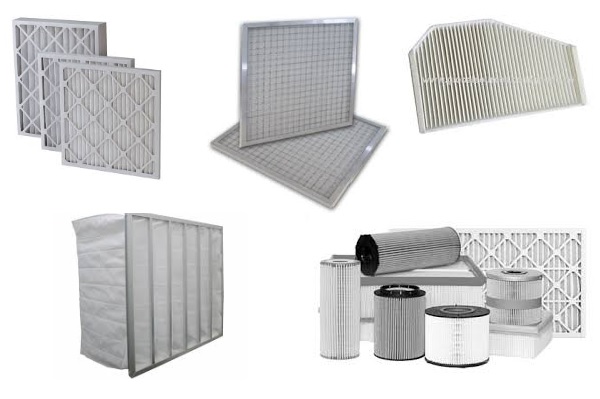
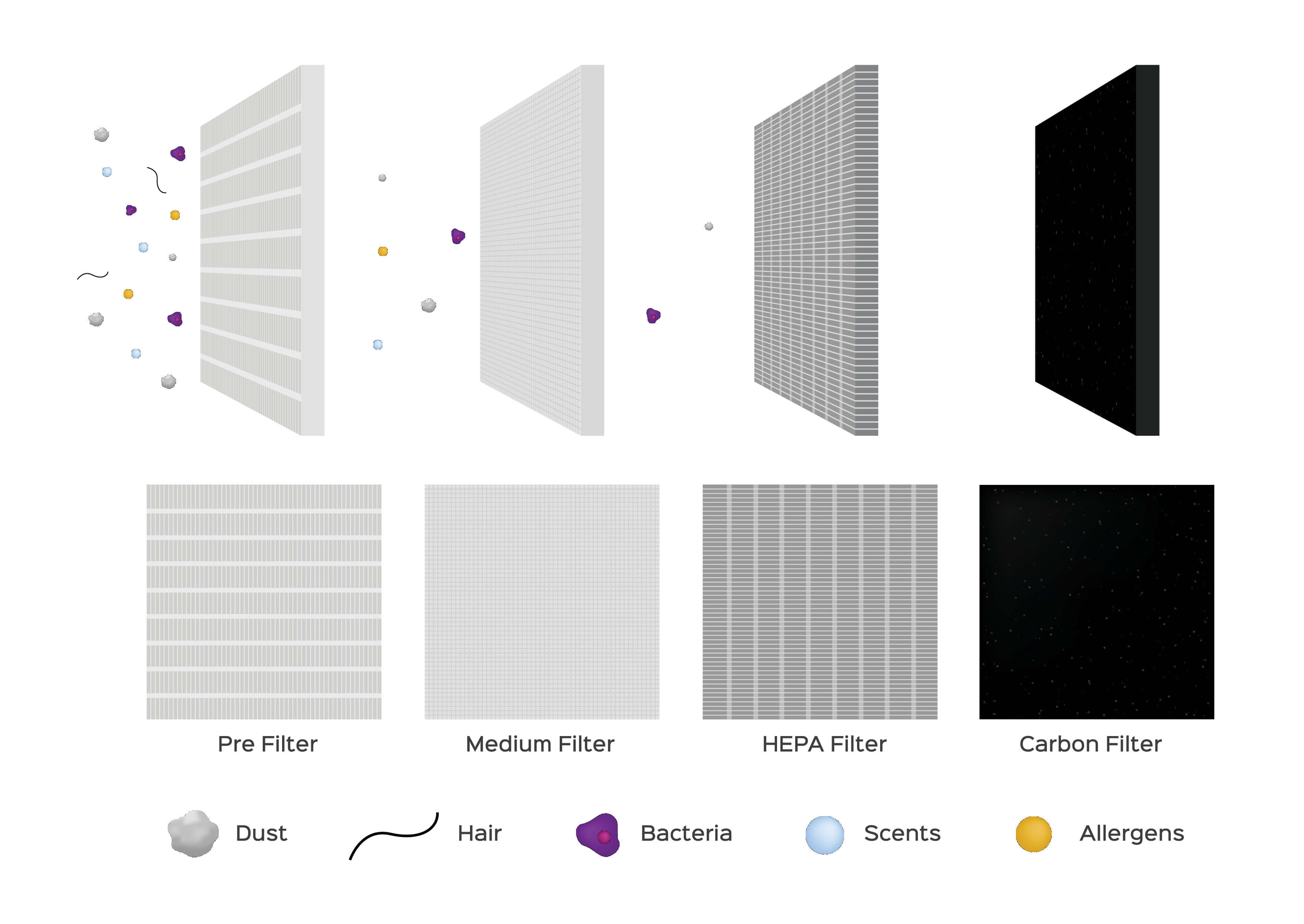

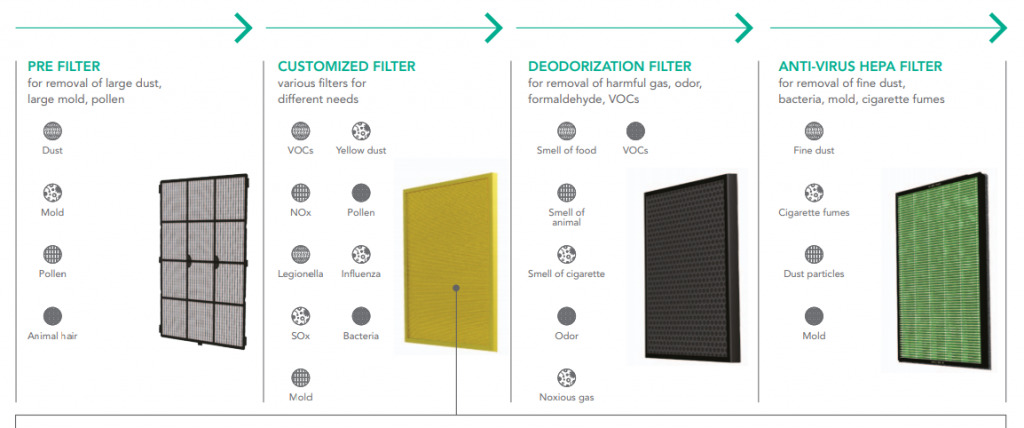
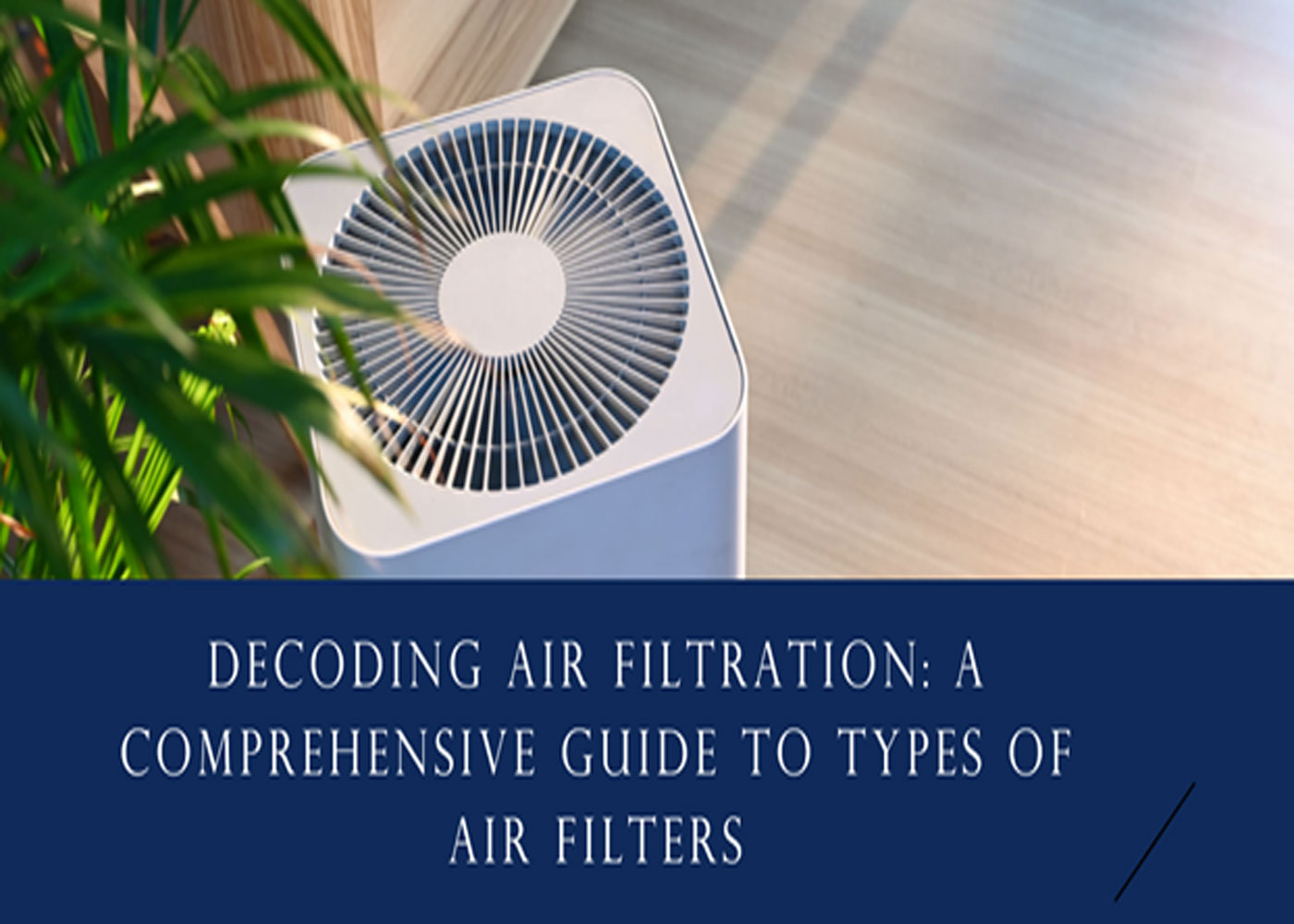
:no_upscale()/cdn.vox-cdn.com/uploads/chorus_asset/file/19489175/air_filters_03.jpg)


